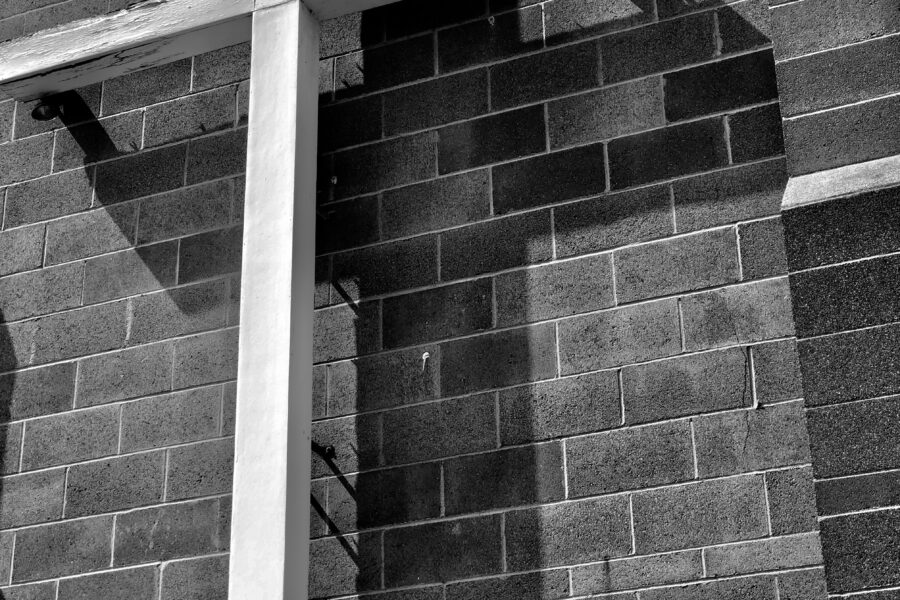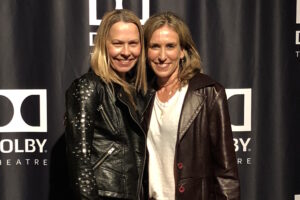Forgiveness was a word batted around a lot when I was growing up. Mostly because the King James Bible–ever present in my life—taught that we should forgive people as much and as often as God forgives us. In the book of Matthew, Jesus said that amounts to “seventy seven times,” (the sum of which is widely debated, but ultimately means a ton). If someone steals your sheep, rapes your sister, murders your parents, and burns down your farm, you need to forgive them. And when they come back and do it again, you keep forgiving. My mother believed that all humans are born sinners and that our salvation requires we be forgiven. Which is why I was continually talking to God, negotiating, questioning, endlessly worried about the wellbeing of my soul and, frankly, everyone else’s around me.
I remember a particular car ride with my dad. We were traveling through High Park (a posh neighborhood in Toronto) on my way to a piano lesson, my nose pressed to the window so I could take in the beautiful homes. Somewhere along the way, I noticed a couple sketchy-looking folks on a street corner. I have no idea what sketchy meant to me back then, but I’m guessing it included most of the people who didn’t look like me. And so I whispered into the glass, “Father, forgive them, for they know not what they’ve done.” An earnest plea that I believed might just save them from a fiery afterlife and possibly earn me a new jewel for the crown I was told I’d be receiving on my way to an eternity spent in heaven.
But it wasn’t enough to simply pray for sinners. If you wanted God to forgive you, you had to forgive others. The problem was…I never forgave anyone. I simply went through the motions whenever I found myself in the predicament of having to accept someone’s apology. Furthermore, my offender rarely meant what they said either. There were the words we offered; and the words we believed.
THEM: Sorry I said that about your mom. (Man, she’s such a Jesus freak.)
ME: That’s okay. (I hate your guts. I hate your guts. I hate your guts.)
THEM: So, are you mad at me? (Look, we need to makeup or I’m going to be in huge trouble. But you should know, I think you’re an even bigger freak than your mother.)
ME: What? No. It’s really not a big deal. (I don’t know why I feel so sick inside, but I think my lunch is going to spray out of my ears.)
THEM: Cool. So, you wanna get a slushie? (Fucking pushover.)
ME: Sure. I have money. ( I stole it from my sister, but that’s okay because I really need you to be my friend.)
It was all bullshit. Forgiveness was the last thing on my mind. I was far more concerned trying to force the hurt down into my body, stay on script, and figure out how to recover. Then again, did I even know what it meant to forgive?
If you search Amazon, you’ll find over 20,000 books on the subject. I scanned a handful of the summaries, and most of them purport that forgiveness occurs when we let go and move on. Which, intellectually, I get and can do. After all, I’m not mad at the kid who trashed my mother. She was unrelenting with her proselytizing. And we were kids! And I could be beastly, too. It’s easy to tell yourself that you’ve moved on. But what about the aching and memories that get absorbed into your body? What about the neuropathways etched through the processing of pain? What about the defense systems constructed to stop the hurt from ever happening again? I’m talking about those old, learned responses that get triggered by some totally unrelated, way-later-in-life event and burst shamelessly through the seams of our carefully patched up cracks. I’m guessing this is why we sometimes find ourselves acting like we’re 9 or 15 or 26. Our brain convinced that we’re behaving rationally, while deep inside our body warns, hey, wait a minute, this sickly feeling in my stomach feels really, REALLY familiar. Our bodies don’t lie; they hold on. If humans could simply forgive, forget, and move forward, we probably would. There’s just that small issue of Darwin and survival. If we really forgave the saber tooth tiger for eating our brother, would we remember to avoid that shady outcropping the next time we’re out gathering berries?
Still, I think forgiveness is possible. The trick is that you have to be willing to hold the experience and the reconciliation side by side. Permit there to be room enough for the acceptance of both. Allow the diametrically opposed concepts of pain and love (because forgiveness is love) to coexist. Which is no small task given that one inherently cancels out the other. But I believe it can be done. It just requires, of all things, a little godliness. In Alexander Pope’s “An Essay on Criticism” (I highly recommend the study guide), the 18th-century poet famously wrote, “To err is human; to forgive, divine.” Which, 300 years later, still holds true. Because forgiveness requires the divine in us. It is not something you can will, intellectualize, or apologize into being. Forgiveness takes courage. It takes grace. It takes transcendence.







